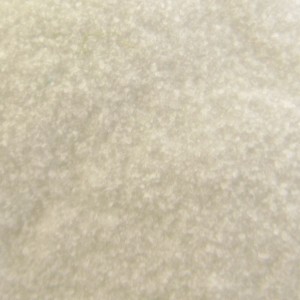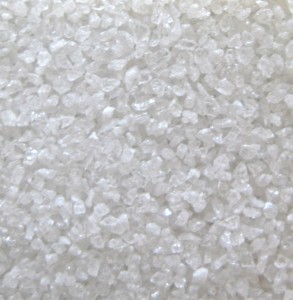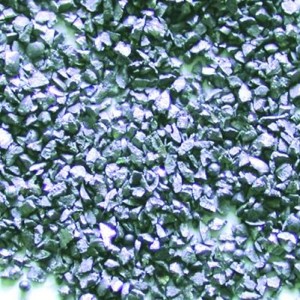Types of mineral synthetic grits
- ALUMINIUM OXIDE GRANULES – Al2O3
- SILICON CARBIDE GRANULES – SiC
- SODIUM BICARBONATE GRANULES
ALUMINIUM OXIDE GRANULES
The Aluminium oxide (known as Corundum) is grit produced from bauxite and carbon in electric oven at very high temperatres ( 2000 -2200 °C). Then the product is shattered, grinded and sifted. It is a perfect abrasive media available in various sizes and compositions: from white aluminium oxide (99% Al2O3) to the brown corundum (95 % Al2O3). Thanks to its hardness and resistance to shatter, corundum is used for such treatments as cleaning, controlled removal, deburring, controlled roughness and preparations for coatings. The white corundum doesn’t contaminate the treated surface with ferrous residues. For any further information please do not hesitate to contact us.
SILICON CARBIDE GRANULES
The silicon carbide is a grit produced from silicon and carbon in electric stove at high temperatures (1600-2000 ° C). Then the product is shattered, grinded and sifted. The hardness of the silicon carbide (2500 Knoop) stays between corundum (2000 Knoop) and diamond (8000-8500 Knoop) and like corundum is used in for such treatments as cleaning, controlled removal, deburring, controlled roughness and preparations for coatings. For any further information please do not hesitate to contact us.
SODIUM BICARBONATE GRANULES
This type of grit is an ecological product made of bicarbonate and is used for cleaning treatment of very delicate artifacts and wooden antiques. The sodium bicarbonate doesn’t corrode, doesn’t produce sparks, has a high degreasing capability, doesn’t pollute, is biodegradable and can be used to treat alimentary objects. Although in surface treatment it has little and very particular use. Because of its humidity sensibility it can block. For any further information please do not hesitate to contact us.
 |
Technical specsForm: angular Specific absolute weight: 2240 g/dm³ Specific apparent weight: 650 – 980 g/dm^3 Hardness: 2,5 Mohs Abrasive effect: low Available size: (0.150 – 0.250 mm) |


